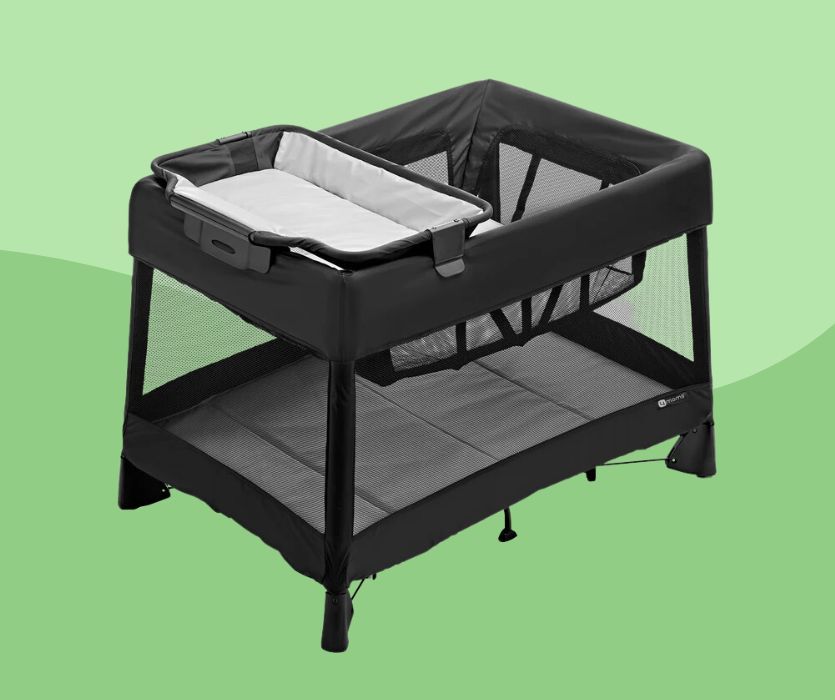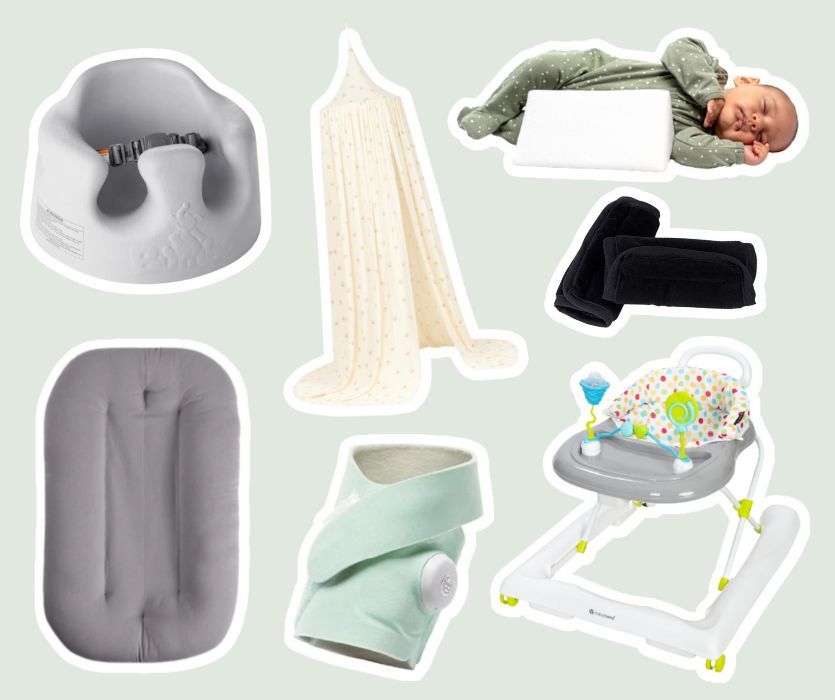
Ah, artificial sweeteners and sugar substitutes. This is one of those things that is no big deal if you don’t already consume them but, if you’re like me, and you actually prefer the taste of diet drinks and sugarless gums (or you can’t eat sugar for one reason or another), you may wonder about this one.
There are many sugar substitutes out there but I’m going to cover the most popular ones: Aspartame, Saccharin, Sucralose and Stevia.
Substitutes like Neotame are mixed with aspartame to make products like Nutrasweet but most of the controversy is with Aspartame and not Neotame (like it’s the best friend of the guy accused of taking a dump in the school pool – no spotlight but he’s running with a shifty crowd) so I didn’t bother with it.

Most pregnancy sites are more concerned about you consuming artificial sweetners to keep your weight down and they stress that pregnancy is not the time to be dieting; however, when you wade out a little further, the fake sugar debate sends some people right off the deep end when you’re pregnant – I envision Donald Sutherland at the end of Invasion of the Body Snatchers including the banshee wail. The post I did on diet soft drinks has garnered as many comments as the flu vaccine post so clearly people are pretty passionate when it comes to both topics.
So gather round the campfire, kids, and let’s get started!
Aspartame: Aspartame was accidentally discovered in 1965 and was more or less approved for use in the 80s. It’s made from the amino acids phenylalanine and aspartic acid fused with methanol which sounds pretty synthetic but all of those components occur naturally in many foods like fruits, milk, vegetables, etc.
Unless you have a rare genetic condition called phenylketonuria (PKU) that prevents phenylalanine from being properly metabolized (you’d know if you had this, by the way), aspartame has been deemed safe for human consumption over and over again and it has been one of the most rigorously tested food ingredients out there.
A safe average daily intake has been set at around 20 cans of aspartame-sweetened beverage or about 100 sachets of tabletop sweetener for a 150lb (70 kg ) person and that is considered conservative. “Can I interest you in a bathtub of Fresca, Madam?”
Yet the controversy around it just won’t go away. Studies linking it to everything from headaches to cancer have been tossed around since its inception and the buzz won’t die down. There are entire websites dedicated to the evils of aspartame. It is the Kanye West of sweetners and it just can’t stop pissing people off.
Saccharin (most commonly Sweet n’ Low): Saccharin has been around in some form or another, for over 100 years and was banned for a while for causing bladder cancer in rats until they figured out that rats have different urine that humans do (Long story. Don’t ask.) so the ban was lifted. There is still some stuff about it collecting in your baby’s bladder knocking around the web right now but they aren’t really sure if that’s true. Great. Thanks for the awesome job on the rat piss report there, guys.
Sucralose (Splenda, SucraPlus, Candys, Cukren, and Nevella): Sucralose started being approved by countries in the 90s. It’s supposed to “Taste Like Sugar because it IS sugar” but it’s actually a sugar molecule with three of the hydroxyl groups replaced with chlorine atoms. Which is kind of like saying Wings is just like the Beatles. Sure Paul McCartney is still kicking around in there but it’s not the same band, buddy.
The only iffy things that showed up in the good ole rat studies were some inconclusive immune system stuff that translated into a person consuming 20,000 packets of sucralose a day. I going to go out on a limb here and say back the hell away from the low-cal cupcakes if you’re rocking those kind of numbers. There also aren’t any long term studies on it because, well, it hasn’t been around that long which isn’t always comforting. So far so good though.
Stevia: Is extracted from the leaves of the stevia plant. It has been used for decades in Japan but is still fairly new to North America. The FDA deems Stevia as safe during pregnancy.
I’ve tasted stevia. It’s good, don’t get me wrong, but I don’t think it’s as close to the good, sweet lovin’ sugar gives ya but that’s just my opinion and it seems to be pretty free from controversy (so far).
. . . . . . . . . . . . . . . . . . . . .
So there it is. Artificial sweetners are artificial which is always something to consider when you’re pregnant but it seems that consuming them during pregnancy has been given the go ahead. Although, you’ve got another thing coming if you think you can sip a Diet Coke in peace.
People are rabid about this topic and I’m sure you’re already painfully aware that being pregnant makes you public domain so you’re probably going to get an earful from people trying to enlighten you. Just tell them it’s actually whiskey in the Diet Coke can but you didn’t want people sticking their nose in your personal business while you were enjoying your afternoon cocktail in the food court.




Leave a Comment